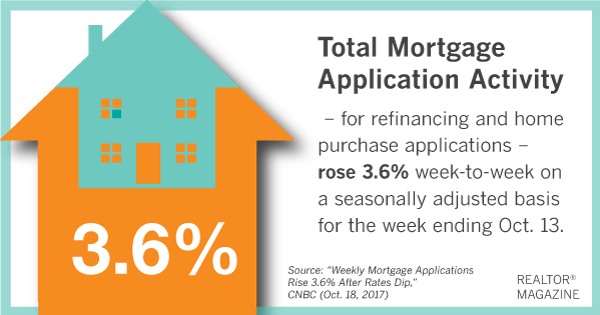[ad_1]
Home price appreciation picked up speed in the final three months of 2016, prompting the majority of metro areas to soar to new record highs with home prices, the National Association of REALTORS®’ latest quarterly report reveals. Of the 150 markets NAR has tracked since 2005, 52 percent – or 78 – now have a median sales price that is at or above its previous all-time high.
The fourth quarter of 2016 proved to be a strong one for home price appreciation. The median existing single-family home price rose in 89 percent of the measured markets. Thirty-one metro areas out of 178 saw double-digit gains.
5 Priciest Housing Markets
The following housing markets were the most expensive in the fourth quarter:
- San Jose, Calif.: $1,005,000 (median existing single-family home price)
- San Francisco: $837,500
- Anaheim-Santa Ana, Calif.: $742,200
- Honolulu: $740,200
- San Diego: $593,000
5 Least Expensive Housing Markets
The following were the least expensive housing markets in the fourth quarter:
- Youngstown-Warren-Boardman, Ohio: $87,600
- Decatur, Ill.: $92,400
- Cumberland, Md.: $94,000
- Rockford, Ill.: $109,500
- Binghamton, N.Y.: $109,700
Source: National Association of REALTORS®
“Buyer interest stayed elevated in most areas thanks to mortgage rates under 4 percent for most of the year and the creation of 1.7 million new jobs edging the job market closer to full employment,” says Lawrence Yun, NAR’s chief economist. “At the same time, the inability for supply to catch up with this demand drove prices higher and continued to put a tight affordability squeeze on those trying to reach the market.”
In the fourth quarter, the national median existing single-family home price was $235,000 – up 5.7 percent from the fourth quarter of 2015 ($222,3000).
Inventories of homes for-sale remain tight. At the end of the fourth quarter, 1.65 million existing homes were available for sale, which is 6.3 percent below year ago levels and the lowest level since NAR began tracking the supply of all housing types in 1999.
“Depressed new and existing inventory conditions led to several of the largest metro areas seeing near or above double-digit appreciation, which has pushed home values to record highs in a slight majority of markets,” Yun says. “The exception for the most part is in the Northeast, where price growth is flatter because of healthier supply conditions.”
Nationwide, a boost in home prices and mortgage rates at the end of the year slightly weakened affordability compared to a year ago. That came despite a solid uptick in the national family median income.
To buy a single-family home at the national median price, a buyer making a 5 percent down payment would need an income of $51,017; they would need an income of $48,332 for a 10 percent down payment; and they would need an income of $42,962 for a 20 percent down payment, according to NAR.
“Even a pick-up in wage growth may be insufficient to compensate the impact of higher mortgage rates and home prices,” Yun says. “Increased homebuilding will be crucial to alleviate supply shortages and stave off the affordability hit.”
Source: National Association of REALTORS®
[ad_2]
Source link

